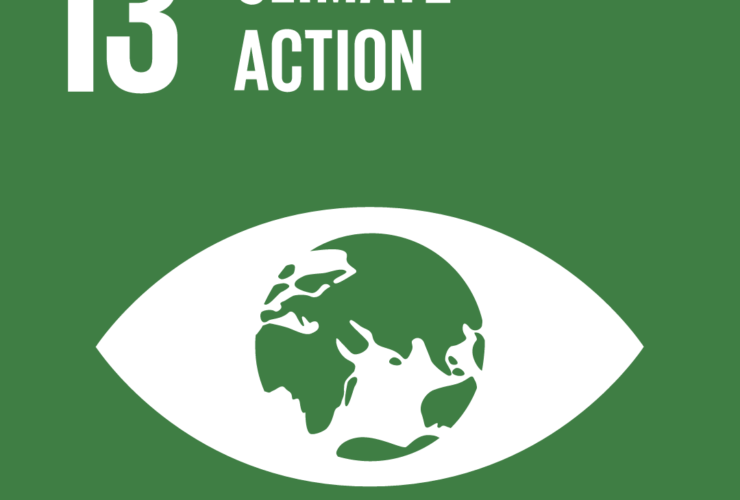United to Save Lamu: Communities defend land rights and resist coal plant in Kenya
The coal plant threatens the marine ecosystem and the livelihoods of our people. We won’t accept it,” says Wahlid Ahmed, whose Lamu roots go back generations.
Indigenous and traditional communities of Lamu, Kenya, have coexisted and managed their land sustainably for generations: merchants, hunter-gatherers, farmers, pastoralists, fisherfolk, boat builders, mangrove harvesters, and more recently tour guides. Yet since Kenya won their independence in 1963, the communities of Lamu have faced significant economic and political marginalisation. A key element of this marginalisation is a continued denial of the Lamu community’s land rights, following Kenya’s independence their land was designated as government land. Lamu’s traditional communities further lost rights and access to their lands through illegal privatisation schemes, including national government settlement policy in the 1970s allocating title deeds to government land and worsening landgrabbing by local and national elites, while weak government institutions with have shown little political interest or will to address injustices.
Now, the latest threat the Lamu’s communities face come from large-scale extractive infrastructure projects, which hold significant potential to irrevocably harm not only for the Lamu’s environment and communities, but also to contribute to global climate change.
The proposed 1050 MW Lamu coal plant is moving quickly through approval processes — supported by powerful national actors and backed by international financiers — despite significant concerns from the community and outside experts over its economic viability and social and environmental ramifications. Read original article here


